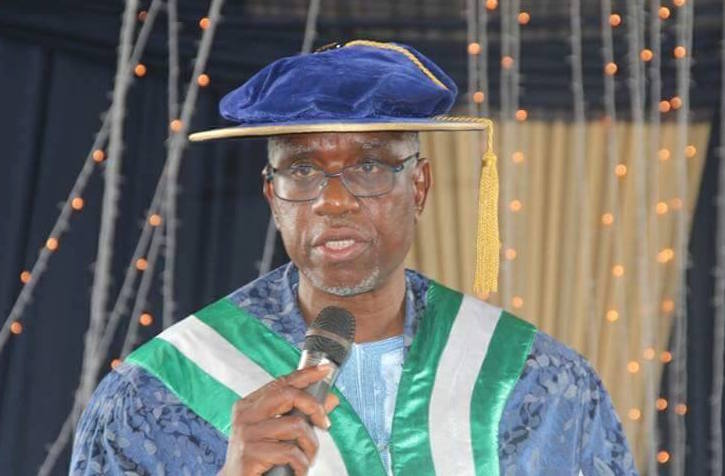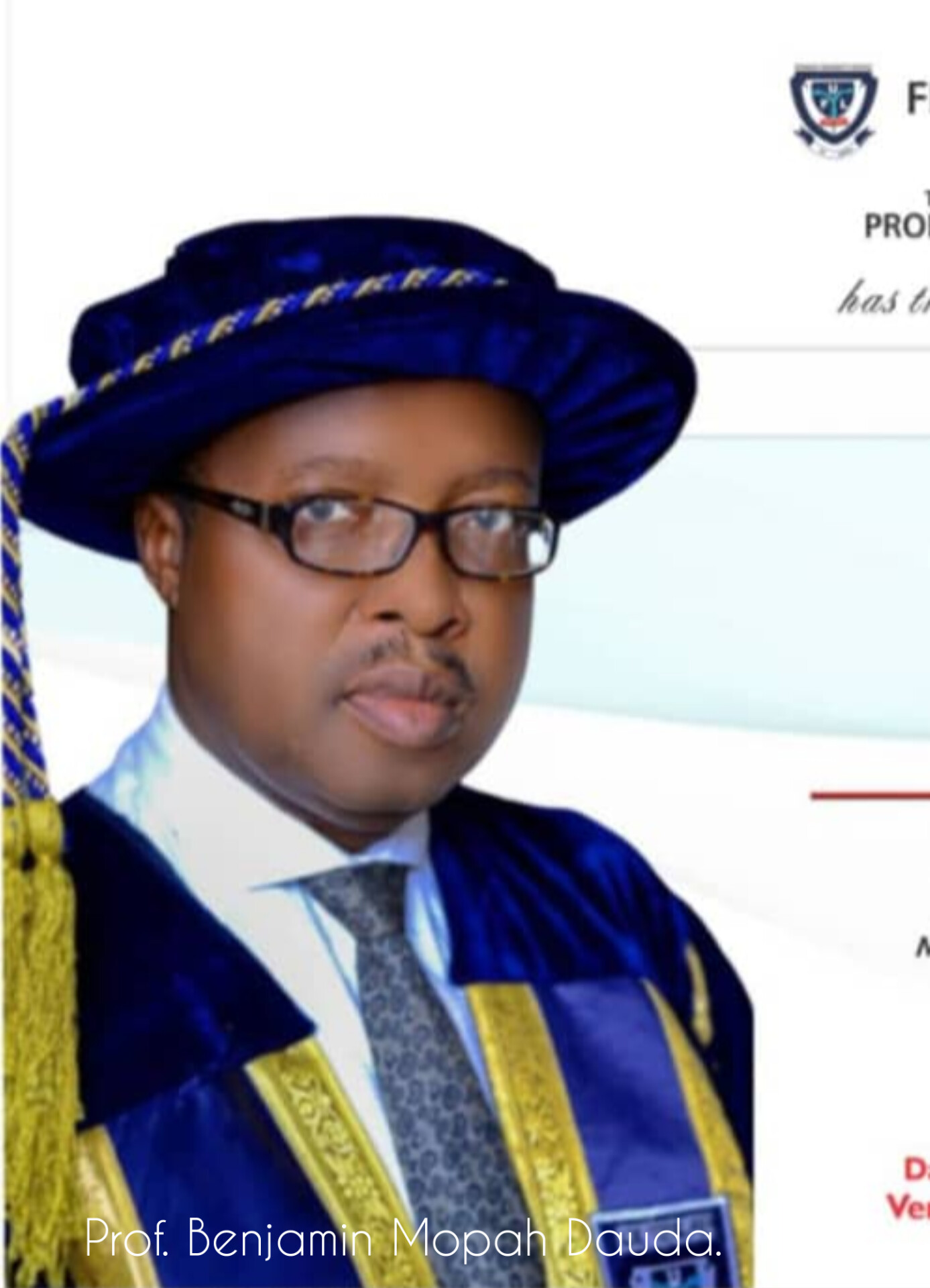To tackle the challenges facing higher education in Africa experts in the education sector have advocated for true University autonomy as one of the solutions.
This was happening at an international symposium convened to mark the birthday of Professor Abubakar Adamu Rasheed, the Executive Secretary of the National Universities Commission (NUC) on Wednesday..
The experts agreed that African higher education is confronted with a host of challenges that must be tackled to ensure the attainment of the Sustainable Development Goals (SDGs) and the African Union Agenda 2063.

Over 160 higher education experts from 14 countries took part in the virtual event organized by the Okebukola Science Foundation in partnership with NUC Strategy Advisory Committee (STRADVCOM), the Africa Progress Group (APG), the Office of the AAU Ambassador for West Africa, National Open University of Nigeria (NOUN) and the Virtual Institute for Capacity Building in Higher Education (VICBHE)
Lead speakers at the symposium on the theme ““Grand Challenges Facing University Education in Africa: Taming the Dragon: were Professor Peter Okebukola (moderator); Executive Secretary, National Accreditation and Quality Assurance Authority of The Gambia, Professor Gibril Jaw.
Others are Chairman, National Commission for Higher Education of Burundi; Professor Juma Shabani.
President, National Authority for Quality Assurance in Education of Egypt Professor Dr. Youhansen Eid, Chairman, Committee of Pro-Chancellors of Federal Universities; Professor Emeritus Nimi Briggs, Director of Pan African University Institute of Governance, Humanities and Social Sciences (PAUGHSS), in Cameroon; Professor Elizabeth Sarange Abenga, Secretary General, Association of African Universities and an Australian Professor Olusola Oyewole.
The special guests of honour were Professor Ruqayyatu Ahmed Rufa’i, former Honourable Minister of Education and Professor Laraba Gambo Abdullahi, former Vice-Chancellor, University of Abuja and former Honourable Minister of Women Affairs.
Twelve grand challenges were agreed on as inhibiting quality delivery of university Education in Africa which include the absence of true University autonomy; depreciating quality of higher education teachers and research capacity deficit.
Others are use of outdated teaching methods and slow adoption of ICT for delivering quality university education; capacity deficit of quality assurance agencies; infrastructural/facilities inadequacies in the midst of massification of higher education institutions.
Others are management inefficiencies; poor quality of entrants into higher education from the secondary level; curriculum irrelevance- academic programmes not aligned to labour market needs; weak regional integration and language barriers; absence of an African Credit Transfer Scheme – hindering comparability of certificates and diplomas, mobility; and poor welfare scheme leading to low morale and low motivation of university staff.
Significant attention was paid to the discussions to proffer solutions to the challenges. The speakers and participants agreed that the solutions rest with all stakeholders and not shifting the burden on the government alone.
They also agreed that parents, students, teachers and other staff in the university, university managers, regulatory agencies, the private sector, the media, development partners, community leaders, religious leaders, political elites and actors, indeed all beneficiaries of the products of the university system have roles to play in taming the dragon of the challenges.
Specifically, the participants called for the granting of true autonomy to Universities which is driven by the universities being less dependent on government for funding; strengthening teaching and research capacity of academic staff through the implementation of intensive and sustained training programmes like those offered by VICBHE.
Others are improved resourcing of facilities for teaching and research to ensure that African universities shift from being glorified secondary schools to matching their counterparts in the developed world; improving the relevance of the curriculum (curriculum re-engineering) to enable it produce nationally and regionally-relevant and globally competitive graduates; improving the delivery of basic education so that entrants into universities are of better quality; political commitment to regional integration for south-south collaboration; development of an African Credit Transfer Scheme (ACTS); speedy establishment of the Pan African Quality Assurance and Accreditation Agency (PAQAA); and improvement in the welfare of university staff.
There was agreement among participants on the introduction of blended learning to reduce space constraints, strengthening of intra-African collaboration and compulsory teacher training programme for all teachers in higher education.
Participants further stressed that there should be an increase in the sources of financial inflow into universities and that these should include the payment of tuition fees that are adjusted to the course of studies with bursaries and scholarships for indigent students.
Furthermore, they urged that universities should be more proactive in exploring other avenues of securing funds that are open to higher educational institutions – grants, endowments, consultancies, research – and should reduce their over-dependence on government funding.
Additionally, governments should hold universities to account to source for aspects of their funding requirements. Governments should allow university managements and governing councils to be totally responsible for the running of the affairs of universities including hiring and firing of staff and the payment of differential salaries, where necessary, within clearly stipulated government guidelines. Public universities should be allowed to deploy their resources by themselves and as they deem fit to establish facilities for teaching, learning, research and innovation within their areas of interest, competence and specialization.
Lastly, participants were in agreement on the need to tighten the recruitment process, especially for the teaching staff so as to hire only bright and committed staff who should be appropriately remunerated to retain such staff and avoid brain drain.
Professor Abubakar Adamu Rasheed was celebrated at the event for his creativity and innovativeness in triggering the Rasheed Revolution in the Nigerian and African higher education systems.




